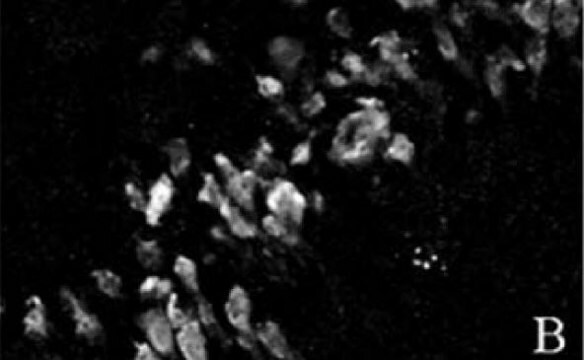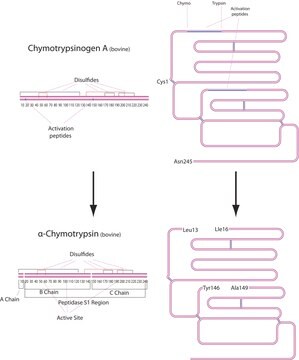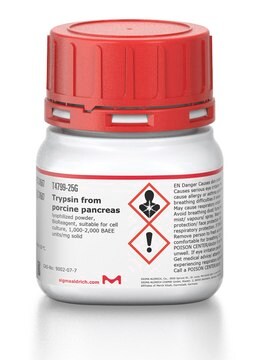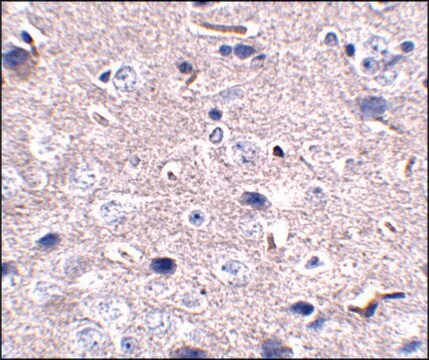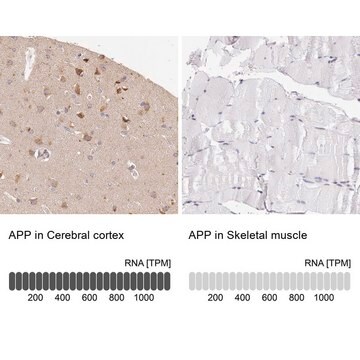Wichtige Dokumente
M8069
Monoclonal Anti-Mad1 antibody produced in mouse
~2 mg/mL, clone 9B10, purified immunoglobulin, buffered aqueous solution
Synonym(e):
Anti-Mitotic Arrest Deficient
About This Item
Empfohlene Produkte
Biologische Quelle
mouse
Konjugat
unconjugated
Antikörperform
purified immunoglobulin
Antikörper-Produkttyp
primary antibodies
Klon
9B10, monoclonal
Form
buffered aqueous solution
Mol-Gew.
antigen ~85 kDa
Speziesreaktivität
human
Konzentration
~2 mg/mL
Methode(n)
immunocytochemistry: 10-20 μg/mL using HeLa cells
immunoprecipitation (IP): suitable
microarray: suitable
Isotyp
IgG2b
UniProt-Hinterlegungsnummer
Versandbedingung
dry ice
Lagertemp.
−20°C
Posttranslationale Modifikation Target
unmodified
Angaben zum Gen
human ... MAD1L1(8379)
Verwandte Kategorien
Allgemeine Beschreibung
Immunogen
Anwendung
- immunoblotting
- immunoprecipitation
- immunocytochemistry
Biochem./physiol. Wirkung
Physikalische Form
Haftungsausschluss
Sie haben nicht das passende Produkt gefunden?
Probieren Sie unser Produkt-Auswahlhilfe. aus.
Lagerklassenschlüssel
10 - Combustible liquids
WGK
WGK 3
Flammpunkt (°F)
Not applicable
Flammpunkt (°C)
Not applicable
Hier finden Sie alle aktuellen Versionen:
Analysenzertifikate (COA)
Die passende Version wird nicht angezeigt?
Wenn Sie eine bestimmte Version benötigen, können Sie anhand der Lot- oder Chargennummer nach einem spezifischen Zertifikat suchen.
Besitzen Sie dieses Produkt bereits?
In der Dokumentenbibliothek finden Sie die Dokumentation zu den Produkten, die Sie kürzlich erworben haben.
Unser Team von Wissenschaftlern verfügt über Erfahrung in allen Forschungsbereichen einschließlich Life Science, Materialwissenschaften, chemischer Synthese, Chromatographie, Analytik und vielen mehr..
Setzen Sie sich mit dem technischen Dienst in Verbindung.
